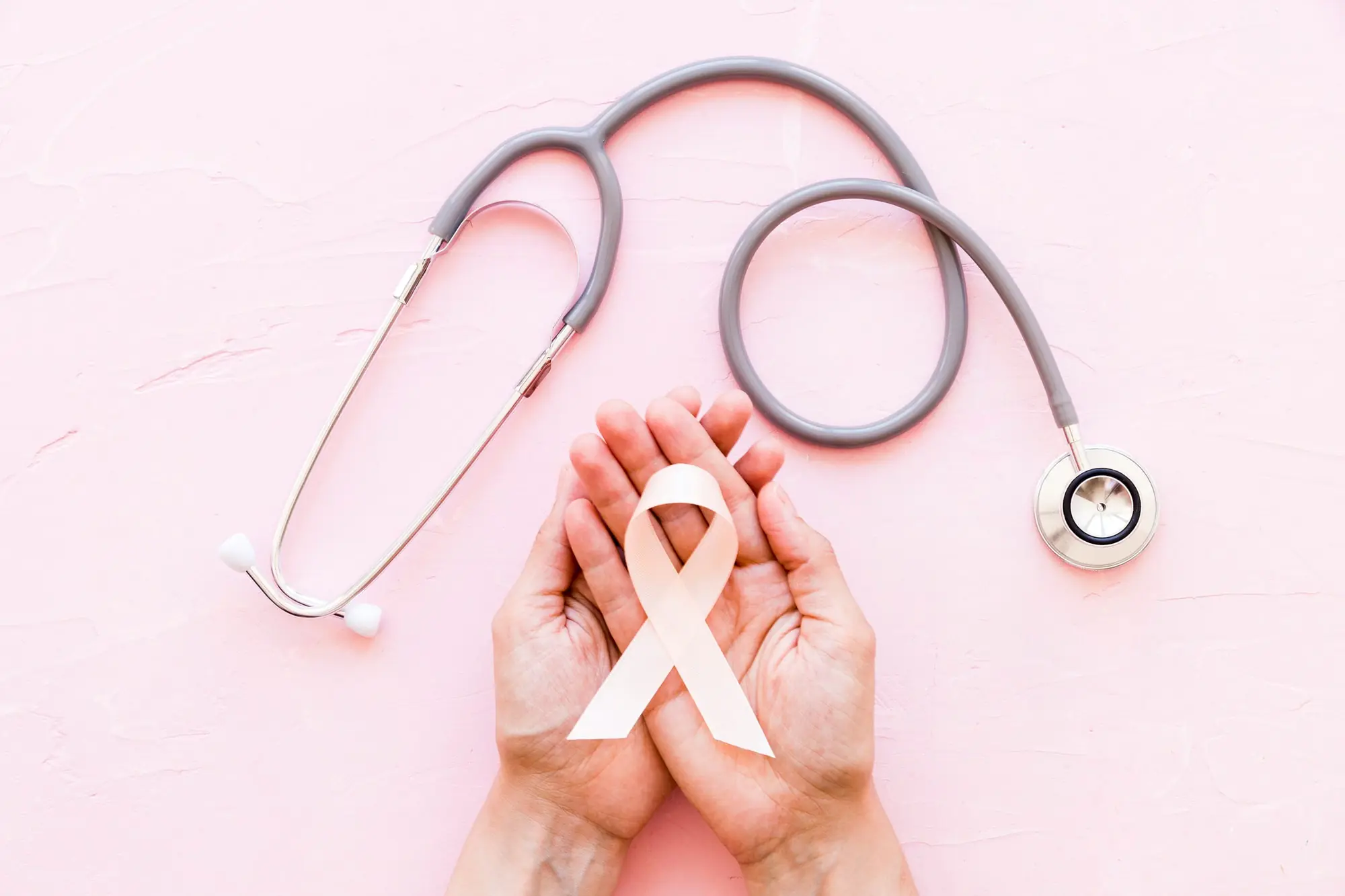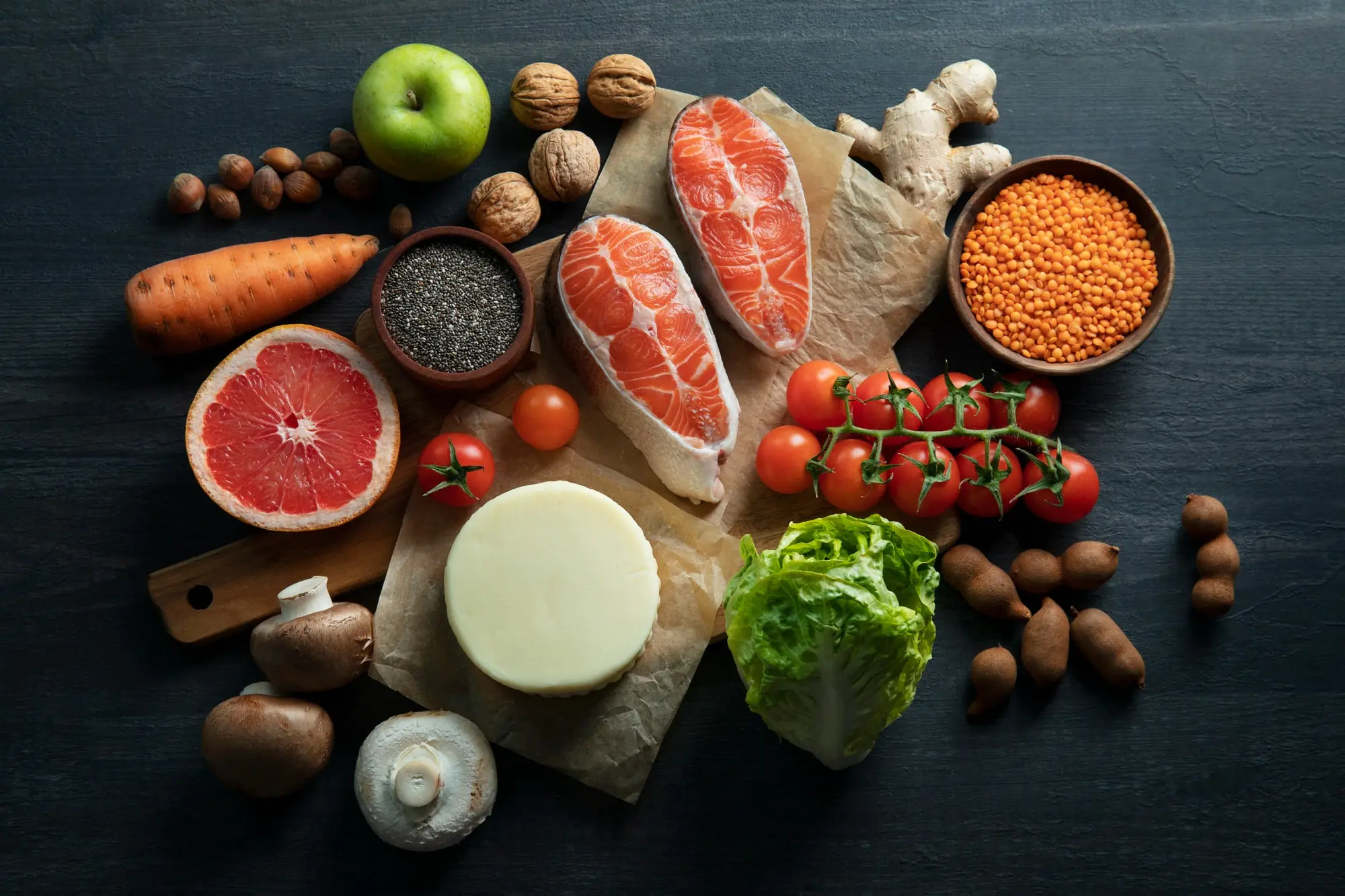
The incidence of breast cancer in women in the world and in our country is increasing rapidly, and the most important factors of this increase are seen as obesity and sedentary lifestyle. In addition to women’s knowledge about the importance of early diagnosis and screening methods in breast cancer, it is still seen that there is an inadequacy in developing behavioral changes to reduce the risk of cancer. In order to reduce risk factors, the application of lifelong screening tests, the prevention of obesity, the increase of physical activity, and the selection of foods that reduce the risk are the main measures.
The Role of Nutrition in Reducing Nutrition and Risk in Breast Cancer
Breast cancer is one of the most common types of cancer among women around the world, and it can have serious consequences if not detected early. It has been scientifically proven that diet and lifestyle habits can significantly affect the risk of breast cancer. In this article, we will share information that will contribute to raising awareness on this issue under the headings such as foods that reduce the risk of breast cancer, lifestyle changes and the importance of nutrition in the cancer treatment process. The American Institute for Cancer Research (AICR) and the American Canser Research Fund (ACRF) have stated that maintaining an ideal body weight and a plant-based diet can prevent breast cancer before and after menopause.
Foods That Reduce the Risk of Breast Cancer
Research shows that certain foods and dietary patterns may be effective in reducing the risk of breast cancer. Here are
- Fiber Foods: Fiber-rich foods improve gut health and may reduce the risk of breast cancer by regulating estrogen levels. Whole grains, legumes, and vegetables are rich sources of fiber. According to the report of the World Cancer Research Fund (WCRF), increasing daily fiber intake reduces the risk of cancer (2).
- Omega-3 Fatty Acids: Fatty fish (salmon, sardines, mackerel) are rich in omega-3 fatty acids and have a protective effect against breast cancer by reducing inflammation. It is recommended to consume oily fish twice a week. Research published in the Journal of Nutrition has revealed the protective effects of omega-3 fatty acids against cancer.
- Olive oil: Olive oil is a healthy source of fat and can reduce the risk of breast cancer thanks to its oleic acid and anti-inflammatory components. It has been scientifically proven that there is a positive relationship between increased olive oil consumption and a reduced risk of breast cancer. According to a study published in the European Journal of Cancer Prevention, olive oil consumption provides significant protection against breast cancer.
- Antioxidant Rich Foods
Antioxidants and Fighting Cancer
Antioxidant Rich Foods: Antioxidants protect the body from the harmful effects of free radicals. Foods rich in antioxidants include colorful vegetables (especially broccoli, cabbage, peppers) and fruits (strawberries, blueberries). These nutrients reduce the risk of cancer by preventing cell damage. According to the American Institute for Cancer Research (AICR), antioxidants have been shown to play an important role in reducing cancer risk.
Can We Reduce the Risk of Breast Cancer with Lifestyle Changes?
As well as nutrition, lifestyle changes also play an important role in reducing the risk of breast cancer. The World Health Organization (WHO) and other cancer-related research organizations state that a healthy lifestyle significantly lowers the risk of cancer.

Nutrition in the Breast Cancer Treatment Process
Nutrition is extremely important in the breast cancer treatment process to increase the success of treatment and minimize side effects. Strengthening the immune system and increasing body resistance during treatment may be possible with a healthy diet.
Early Diagnosis Saves Lives
Early diagnosis is life-saving in breast cancer. Regular early diagnosis methods such as breast self-examination, clinical breast examination and mammography ensure that breast cancer is caught at an early stage. With early diagnosis, the chance of cancer treatment is greatly increased and life expectancy is extended.




